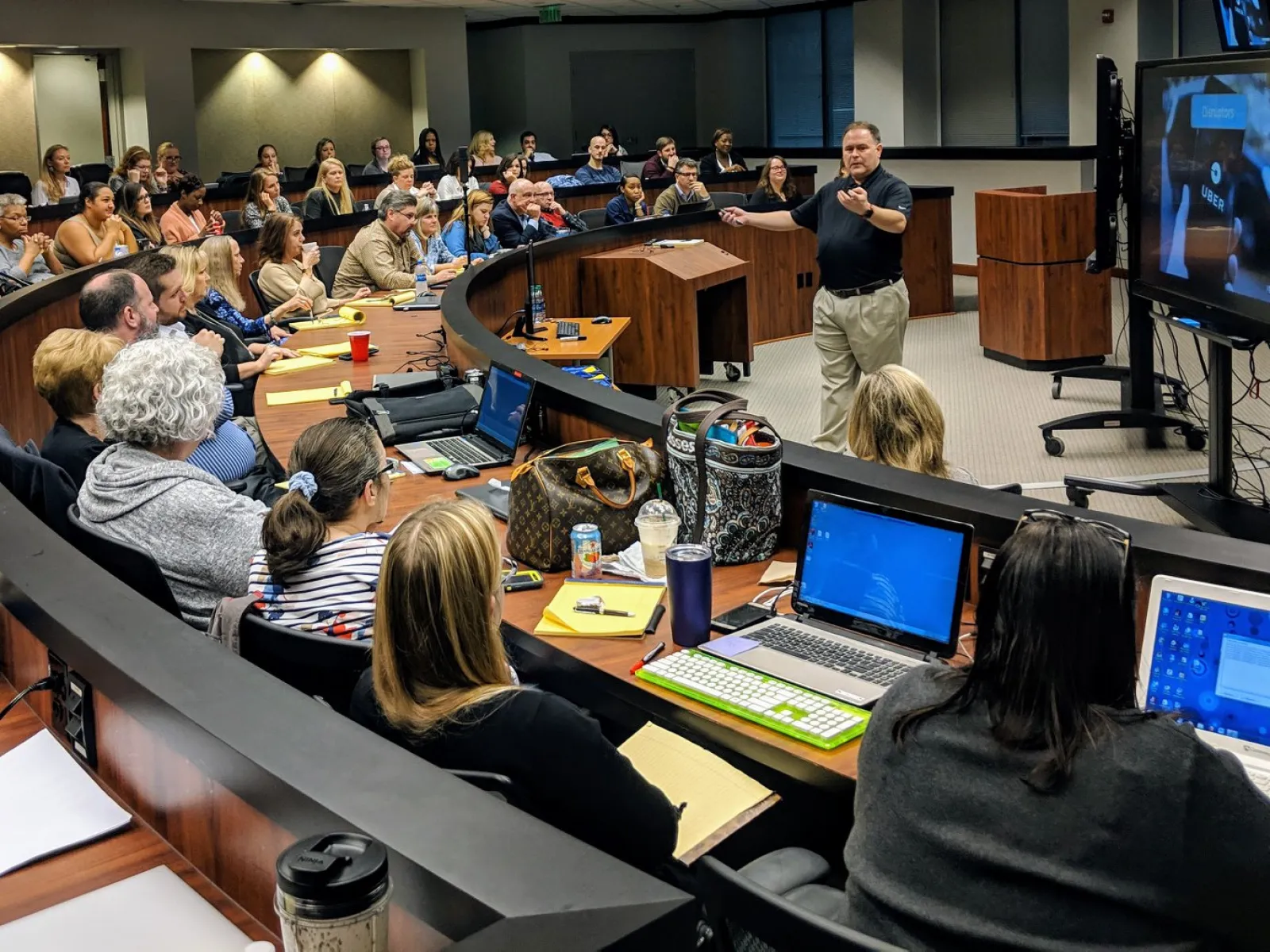
Top Client Custody Questions

Top Client Questions
As Georgia family law attorneys, the attorneys at Meriwether & Tharp are often asked questions concerning child custody. Below is a list of questions that we are most frequently asked, along with a brief answer. This list will give you some insight concerning child custody issues in Georgia. If you would like more detailed information concerning your child custody case, call and speak with one of our family law professionals today.
Q What is the difference between legal and physical custody?
Physical custody refers to where the child lives and who has responsibilities associated with the child's daily care. Legal custody refers to the decision-making responsibilities related to the education, extracurricular activities, healthcare, and religious upbringing of a child.
Q Are mothers more likely to be awarded custody over fathers?
No. In Georgia, child custody is determined based on the best interests of the child or children involved. Courts presiding over child custody matters will not presume that either parent is better suited for custody, nor will a court prefer one parent over the other based solely on gender. Read More
Q What is joint custody? Is it better?
Joint custody is a 50/50 custodial arrangement, where the child spends an equal amount of time with each parent. Often, joint custody also involves parents sharing decision making responsibility concerning the child's education, extracurricular activities, healthcare, and religious upbringing. While no one solution is right for everybody, children benefit from the ongoing involvement of both parents, and a joint custody arrangement may be a way to ensure that both parents maintain an active role in the lives of the children. However, a joint custody arrangement may be challenging to maintain if the parents are not living in the same area or cannot work well together.
Q When parents cannot agree on custody, how does the court decide?
In Georgia, courts determine child custody by considering what would be in the child's best interest. The factors a court may consider include: the parent's ability to provide a loving and stable home environment for the child, the pre-existing relationship between parent and child, which parent has been the primary caretaker of the child, the parenting abilities of each parent, and whether either parent has a history of child abuse or neglect.
Q What if the current custody arrangement is not fitting my family's needs?
It is not always easy to modify a custody arrangement that has been ordered by the court or agreed upon by you and your child's other parent. But, it is possible. It is typically more challenging to modify a currently existing custody arrangement than it is to create one in the first place. There must be a substantial change in circumstances in Georgia before a court grants a modification of child custody.
Q If my child's other parent is behind on child support payments, can I prevent his or her visitation?
Parenting time or visitation is not dependent on child support. Thus, one parent may not withhold child support in exchange for visitation rights, and the other parent may not withhold visitation in the absence of child support payments. Suppose the non-custodial parent in your case is behind or refusing to pay child support. In that case, you have other remedies available to you, like going to court and filing a contempt action against the delinquent parent or visiting your local child support enforcement office to collect past-due child support payments.
Q I want to move to another state with my child. Can I do that?
As with the initial custody determination in Georgia, this issue is determined with the child's best interests in mind. A court will weigh several factors, including but not limited to the child's ties to local schools and friends, the child's age, the custodial parent's reasons for relocating, and the stress and instability of relocation, and the corresponding benefits of consistency and stability for the child.
Q If the judge in my divorce case orders a custody evaluation, what should I do?
Custody evaluations are often a regular part of contested custody cases. It is essential to cooperate with the custody evaluator as the evaluation is designed to determine what is in your children's best interests. If any concerns arise during the evaluation, share them with your attorney.
Q My ex-spouse has failed to return our children on time after taking them for a visit, and I am scared one day that he or she will not return them at all. What are my rights as the custodial parent?
If one spouse refuses to abide by the court-ordered visitation schedule or custody arrangement, that parent is in contempt of court. In other words, it is illegal for either parent to disregard or disobey the court's order concerning custody and visitation. If the non-custodial parent has failed to comply with the custody order, you may file a contempt action. This action will allow you to seek the help of the court in enforcing your agreement. Alternatively, if your current custody arrangement is no longer suitable for your family's needs, consider seeking child custody modification.
Websites to Help Managing Custody
Co-parenting is often very difficult, especially if you are still in the midst of a contentious divorce or recently settled an acrimonious divorce or custody battle. In response to this reality, several websites have been created by legal professionals, counselors, and parents to help parents share custody of their children more effectively. These sites aid parents in managing child custody by assisting them in keeping track of visitation dates, appointments, emergency contacts, and custody agreements via an online database. Not only do these sites help ease the conflict between divorced or divorcing parents, but these sites also help parents maintain and organize records that may be needed if the parties must go back to court to settle a dispute.
Custody management sites offer various features: messaging or message boards, calendars, document archives, virtual visitation, picture galleries, schedule notifications and reminders, expense logs, personal diaries, and means for parents to upload important contact information, medical information, and school and homework assignments. These sites often allow third parties like attorneys, teachers, or judges to have limited access to the sites' information. Children may be given limited access to the sites to schedule activities or communicate with parents.
The more comprehensive sites typically charge a yearly fee for their service, but some free options are available. Additionally, some of the more comprehensive sites offer reduced rates or scholarships for families who cannot afford the yearly fee but desire to take advantage of the service. Below is a non-exhaustive list of co-parenting management sites available.
- Ourfamilywizard
- Sharekids
- Custody X Change
Online Parenting Resources
Parenting is no simple task by any measure. When a divorce or other child custody matters are involved, it becomes an even more challenging task. Parents must decide how to inform their children of the impending divorce or custody arrangement, ensure that they both work together to avoid conflict, and ensure that their children's best interests are protected throughout the entire process. You may have read about the different online custody management resources available to co-parents in our section entitled Managing Custody Websites. But, if your divorce is not yet finalized, or if you seek advice and support regarding your children's welfare as your family goes through the transitions brought on by divorce, there are several parenting resources available to you online.
Parenting websites are unique tools designed to help parents through the difficult transitions of divorce. These online resources provide parents with expert information, tips, and the support needed to guide their children through the difficulties of the shift in family dynamics. These websites provide parents with support and advice concerning how to minimize the effects of divorce on children and provide parents with current, reliable, and practical information, including tips and strategies regarding various parenting topics related to raising children from infancy through adolescence. Below is a very brief sampling of the online parenting resources available to divorcing parents or any parents during a child custody action.
One Tough Job.org
Up To Parents.org
Child-Centered Divorce.com
